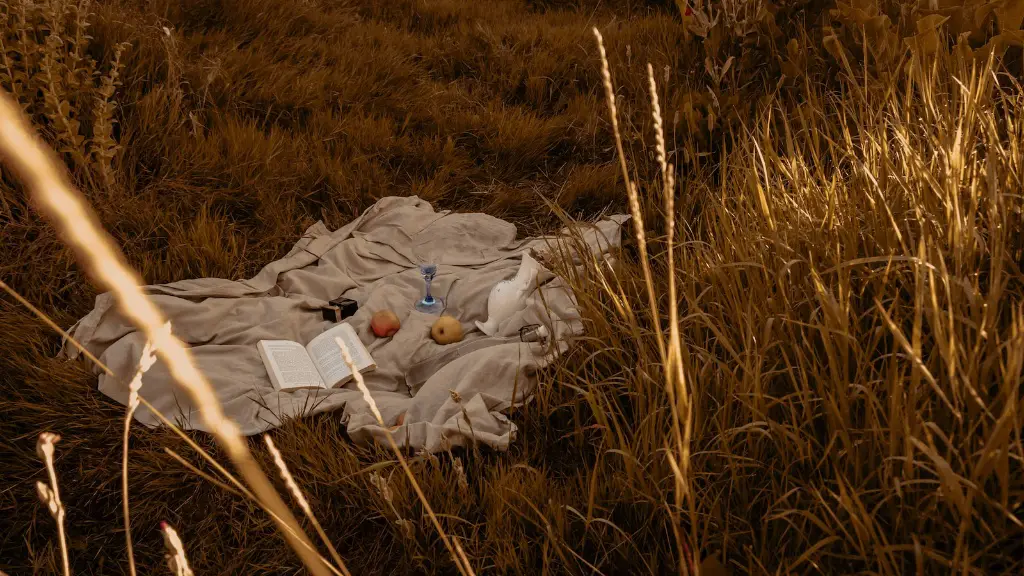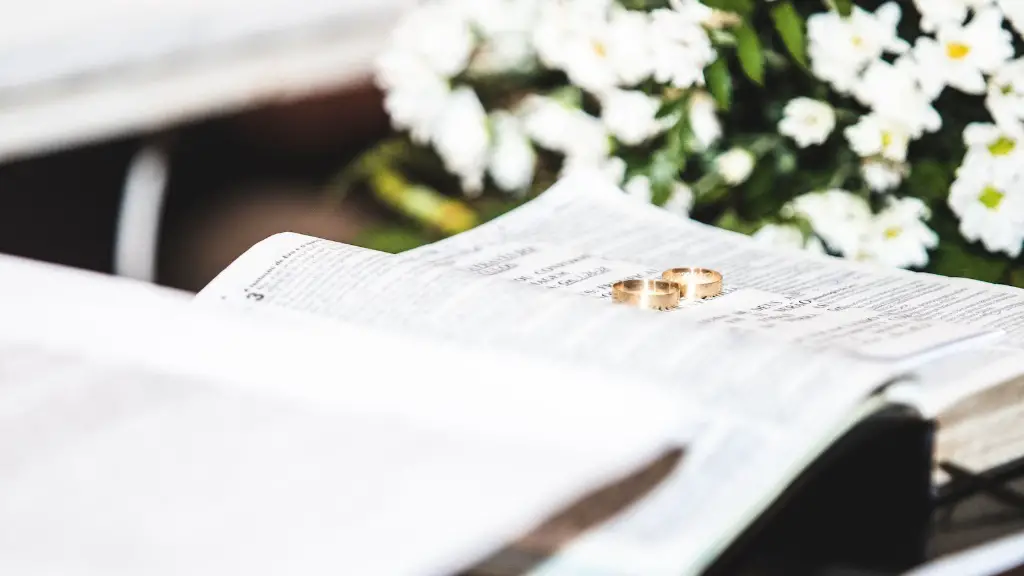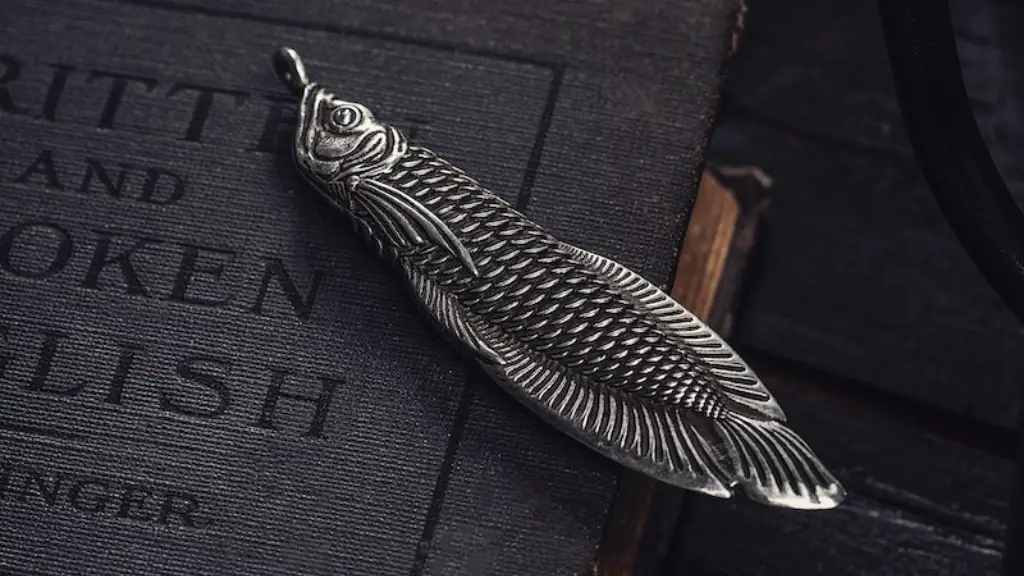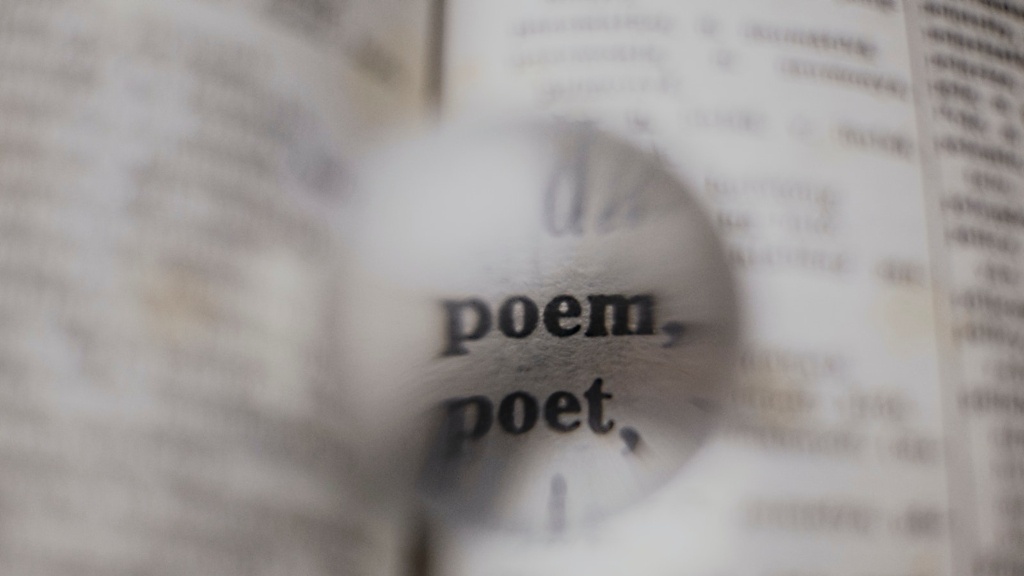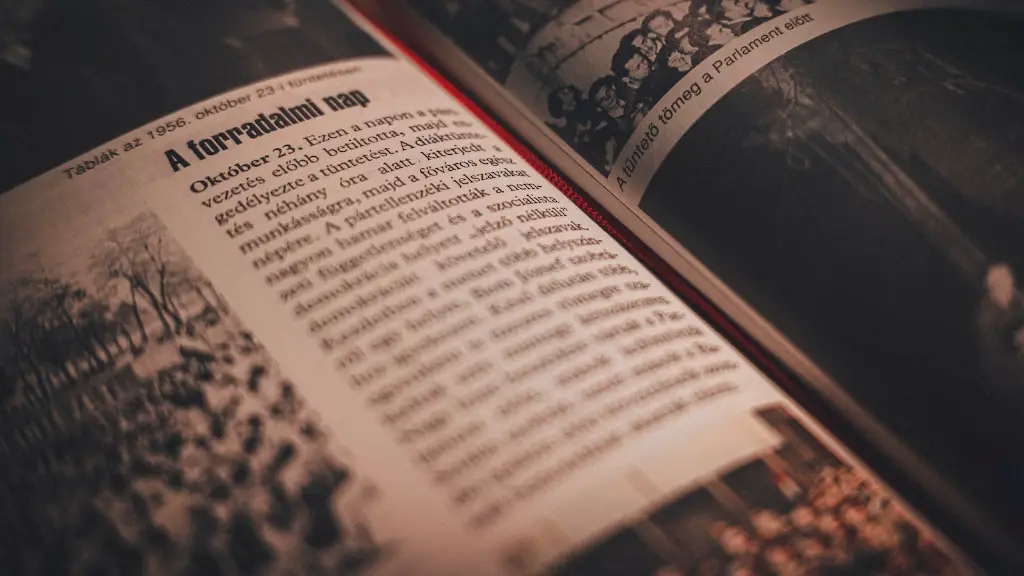Prose and poetry are two terms that are often used interchangeably by people who are unfamiliar with their true differences. It is important to acknowledge the differences between prose and poetry in order to fully appreciate each form of written expression. For example, prose is largely focused on facts, narration, and communication, while poetry is more focused on the artistic expression of emotion.
One similarity between prose and poetry is that they both follow the same structure. Both forms of writing have a beginning, middle, and end. They also may include elements such as characters, storylines, and dialogues. Additionally, both forms of writing have a certain flow and rhythm that is created by the words used.
Another similarity between prose and poetry is that both often contain metaphors and similes. Metaphors and similes allow the writer to describe a situation or emotion in a creative way. This helps to engage the reader and can make their experience more enjoyable.
Poetry and prose alike often evoke emotions from the reader. Writers of both forms employ imagery and descriptive language in order to make the reader ‘feel’ what the writer is trying to convey. This is one of the reasons for the popularity of both forms of writing – they can engage the reader and make them feel something.
The language used in both poetry and prose can be poetic in nature. Word choice is important in both forms of writing, and words that have a certain rhythm or beauty can enhance the text. Additionally, both poetry and prose can be written in a style that is unique to the writer. For example, some writers may choose to use rhyme, while others may prefer more abstract language.
Finally, both prose and poetry can have a lasting effect on readers. This is done by evoking powerful emotions or creating an imagery that stays with the reader long after they have finished reading. By doing so, both forms of writing can have a profound impact on how the reader perceives the world.
Narrative Prose
Narrative prose is a form of written expression that has its roots in storytelling. This form of writing is used to tell a story, often for entertainment purposes. It is often seen in the form of novels, short stories, and even screenplays. While it may not evoke emotions from the reader as immediately as poetry can, narrative prose can still be powerful in its own way.
Narrative prose often has characters and a plot. This allows the readers to become emotionally connected with the story and to invest their time and energy in the characters. Additionally, narrative prose often includes themes that the writer is trying to convey. This helps to draw the reader deeper into the story and make them contemplate the subject matter.
Unlike with poetry, narrative prose does not often focus on the beauty of language. Instead, it focuses on substance. This means that each sentence must be thoughtfully written in order to communicate an idea or concept. This form of writing requires great skill and attention to detail.
Finally, narrative prose is often been used to make political statements. Many novels and short stories are written with the intention of exploring societal or political issues. By presenting these issues in the context of a story, the writer can use the plot to illustrate the themes they are exploring.
Lyric Poetry
Lyric poetry is a form of written expression that is focused on emotion and aesthetics. This form of poetry is often written in a metre, as this allows the writer to create a certain rhythm and flow in their words. The language of lyric poetry often has a certain beauty to it, helping to make it stand out from other forms of writing.
The goal of lyric poetry is often to evoke emotions from the reader. This is achieved by using descriptive language, imagery, and metaphors. Lyric poetry can be used to explore different topics such as love, loss, and longing. By using specific words and imagery, the writer can make the reader feel what they are trying to convey.
Many lyric poets focus on issues such as the human condition or nature. By doing so, the poet allows the reader to explore topics that may be difficult to express in any other form. Additionally, lyric poetry allows the reader to experience emotions in a way that may not be possible in any other form of writing.
Finally, lyric poetry often has a timeless quality to it. This form of writing has been around for centuries and is still popular today. This is largely due to the fact that lyric poets often explore topics that are relevant regardless of when or where it was written.
Experimental Writing
Experimental writing is a form of literature that challenges traditional conventions of writing. This form of writing often includes unconventional elements such as mixing different genres, using unexpected language, or introducing new structures to the writing.
Experimental writing blurs the lines between prose and poetry. For example, it is possible to incorporate elements such as rhyme and alliteration into a piece of prose. Additionally, it is also possible to write in a style that is normally used for poems but within a narrative or a story.
Experimental writing allows writers to be creative in their approach to writing. By experimenting with different styles, writers can explore new ways to convey ideas or evoke emotions. This form of writing also allows writers to push the boundaries of what is expected of them.
Finally, experimental writing can help to engage the reader in interesting and unexpected ways. By introducing the reader to unfamiliar elements, the writer can stimulate their imaginations and invite them to explore new ideas. This form of writing often leads to conversations and debates among readers and can be a powerful tool for exploring different perspectives.
Limerick Poetry
Limerick poetry is a form of writing that is most often used for comedic purposes. This five line poem has a specific rhyming pattern and rhythm that must be followed in order for it to be considered a limerick. The first two lines must rhyme, as must the last two lines, and the third and fourth lines must also rhyme with each other.
Limericks often tell a joke or a humorous story. They are designed to make the reader laugh and to create a light-hearted atmosphere. Limericks often use mockery or irony in order to bring humour to the poem. Additionally, they often use exaggerated descriptions and exaggerations of certain situations or people in order to make the poem more entertaining.
Limericks are unique as they do not attempt to evoke any emotion with the language used. Instead, they rely solely on the comic timing and wit of the poet in order to get the message across. This makes them a great way to lighten the mood in any situation.
Finally, limericks often have a certain wit and charm to them. By using the specific metre of the limerick and creative wordplay, the poet can make the poem accessible to all readers. This can make it a great way to spark conversation or to simply entertain the reader.
Free Verse Poetry
Free verse poetry is a type of writing that does not adhere to any rules or conventions. This form of poetry is often based on a certain topic or emotion but does not use any set structure or metre. In addition, free verse poetry often does not use any rhyme.
Free verse poetry often has an informal quality to it. The lack of rules allows the writer to explore different topics in a more natural way. Additionally, it gives the writer more freedom to express their ideas without having to worry about following a specific structure.
Free verse poetry is often used to explore personal experiences or emotions. Without the need to focus on structure, the writer can allow their own emotions to flow through the writing. This can make the poem more powerful and resonant with the reader.
Finally, free verse poetry is often seen as more accessible than other forms of writing. The lack of structure can make it easier for a wider range of readers to understand and relate to the poem. Additionally, free verse allows the writer to explore different topics and write in ways that are not always possible in other forms of writing.
